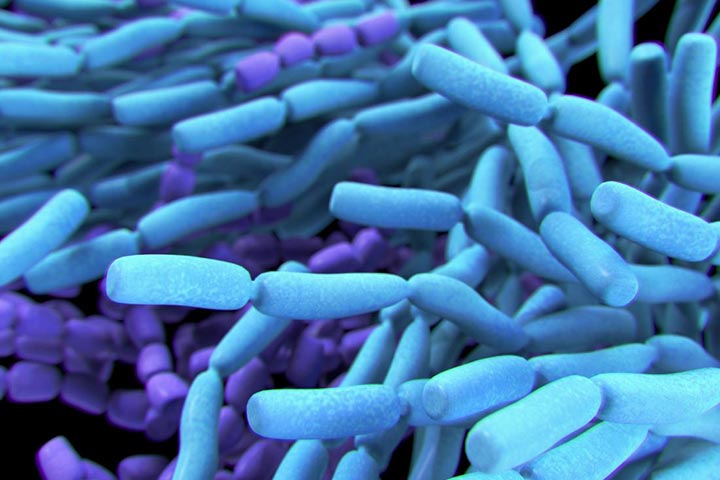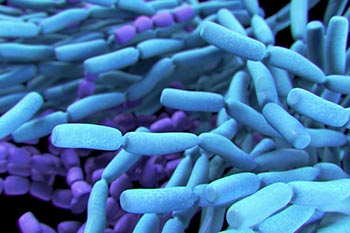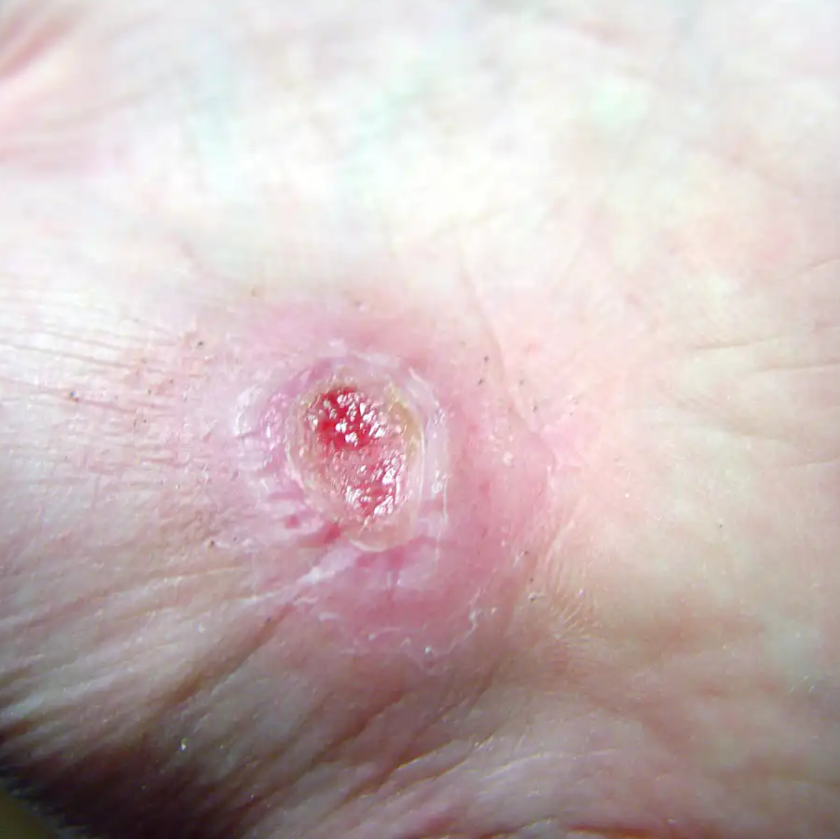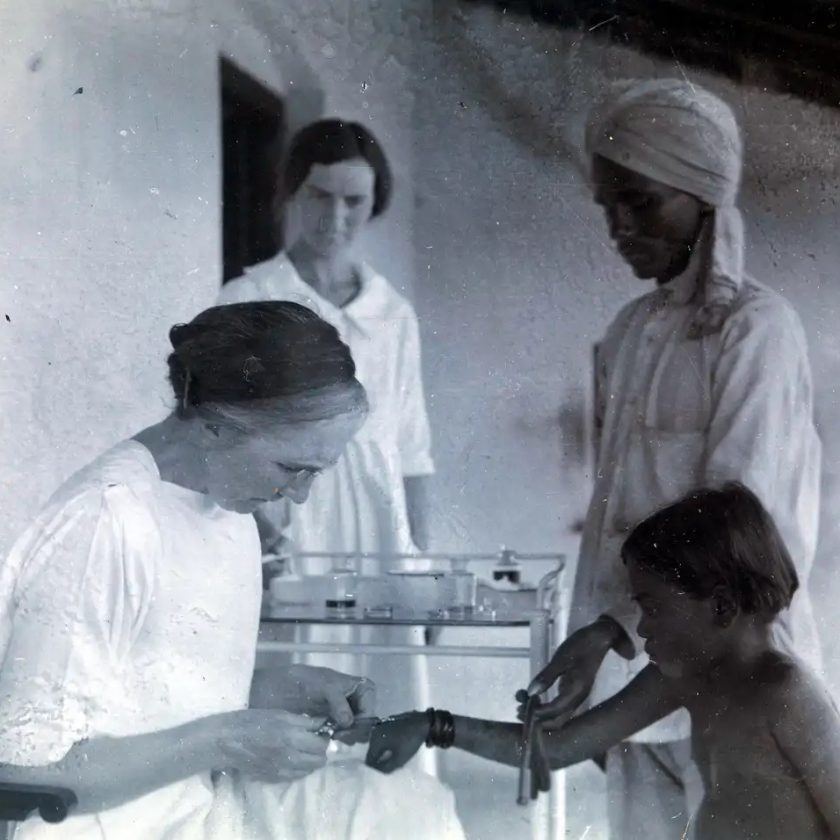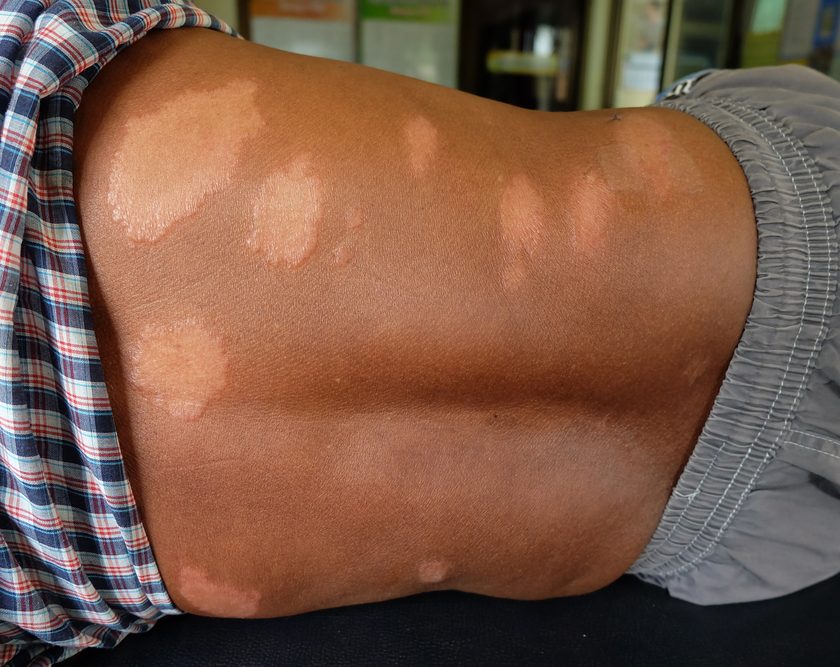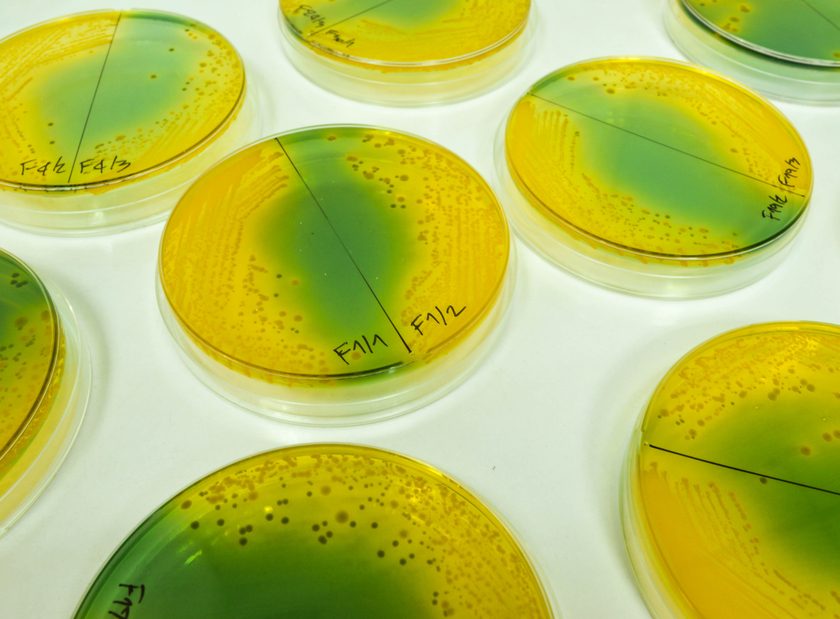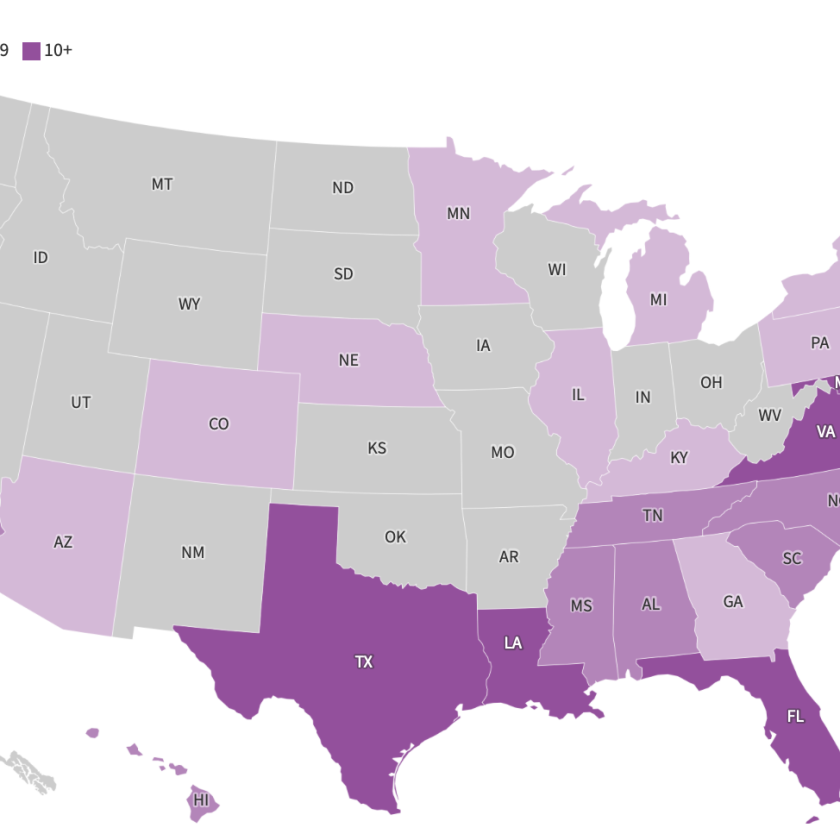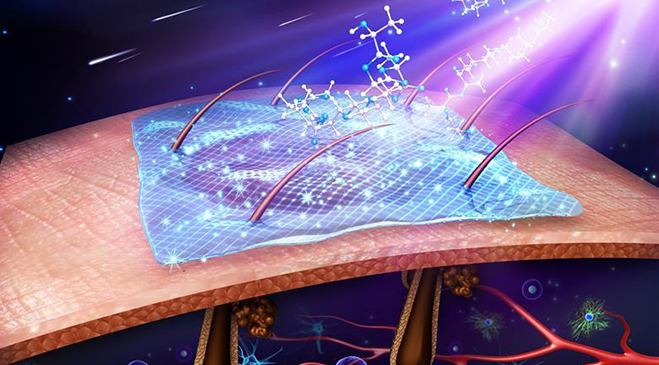The microbiome is known to play a major role in gut health, but what about our skin? Billions of bacteria reside there, and the probiotic types may hold great potential to prevent infections during wound healing.
Our skin provides a natural barrier to the environment. This is crucial for our health, as skin protects us from invasive pathogens such as bacteria and viruses.
When the skin barrier is damaged, these pathogens are ready to make their way into the body to colonize it. This is particularly dangerous if the bacteria in question cause widespread damage to skin or other tissues, and if they are resistant to antibiotics.
Staphylococcus aureus is naturally present in the noses of around 30 percent of the population and mostly does not cause harm. However, when the skin barrier is broken, S. aureus can cause severe infection.
S. aureus is notorious for forming biofilms. When this happens, the bacteria attach to a surface – such as the skin – and sugar molecules form a protective matrix around the bacteria. Biofilms are mostly resistant to antibiotics and are therefore a considerable health risk.
If S. aureus spreads to the blood it can cause sepsis, which is a major cause of death in children who have experienced severe burn injuries.
Pseudomonas aeruginosa, which is another pathogen known to form biofilms, is often found in infected burn wounds. Normally resident in the gut, this pathogen invades and colonizes the skin – followed by other organs such as the liver and lungs – in immunocompromised individuals such as burn patients.
Although antibiotics are used in wound treatments, multidrug resistance is common and infections persist. Scientists are searching for alternatives. Could bacteria provide much-needed strategies to prevent life-threatening infections?
Probiotic bacteria show promising potential
Do bacteria have antibacterial properties? Yes, they do; they naturally compete with each other for living space and food. To achieve this, bacteria produce antimicrobial molecules that specifically prevent the growth of other bacteria by altering the growth environment in their favor and by disrupting communication between other bacterial cells.

